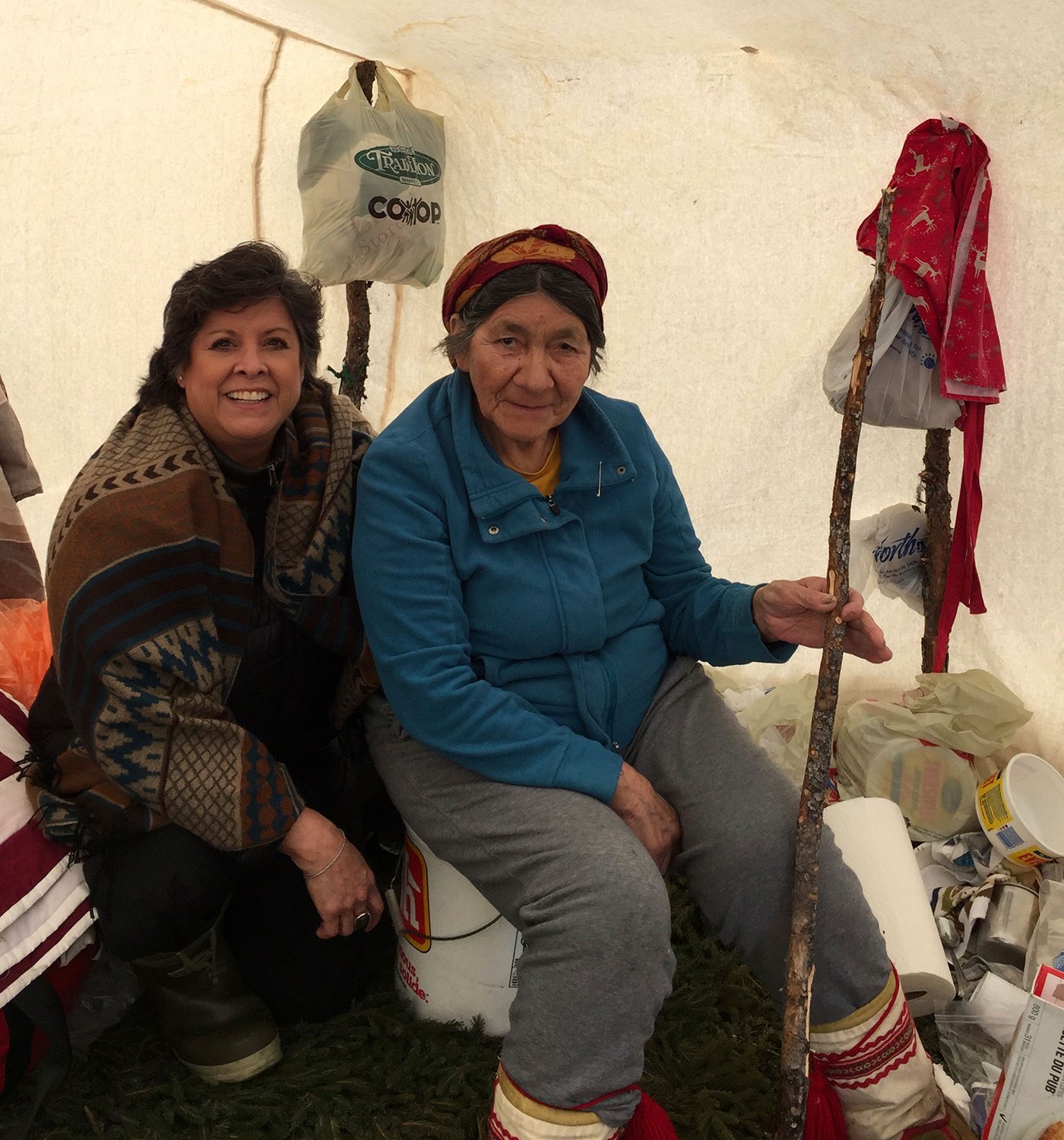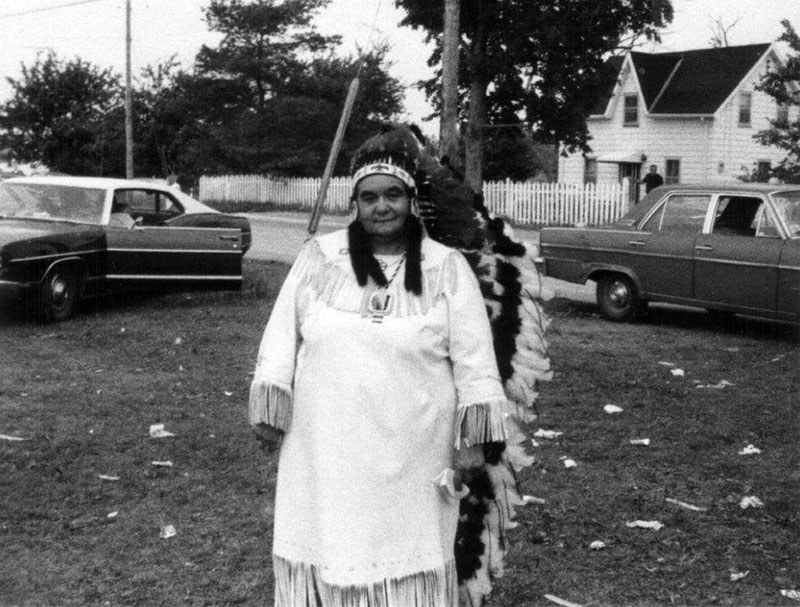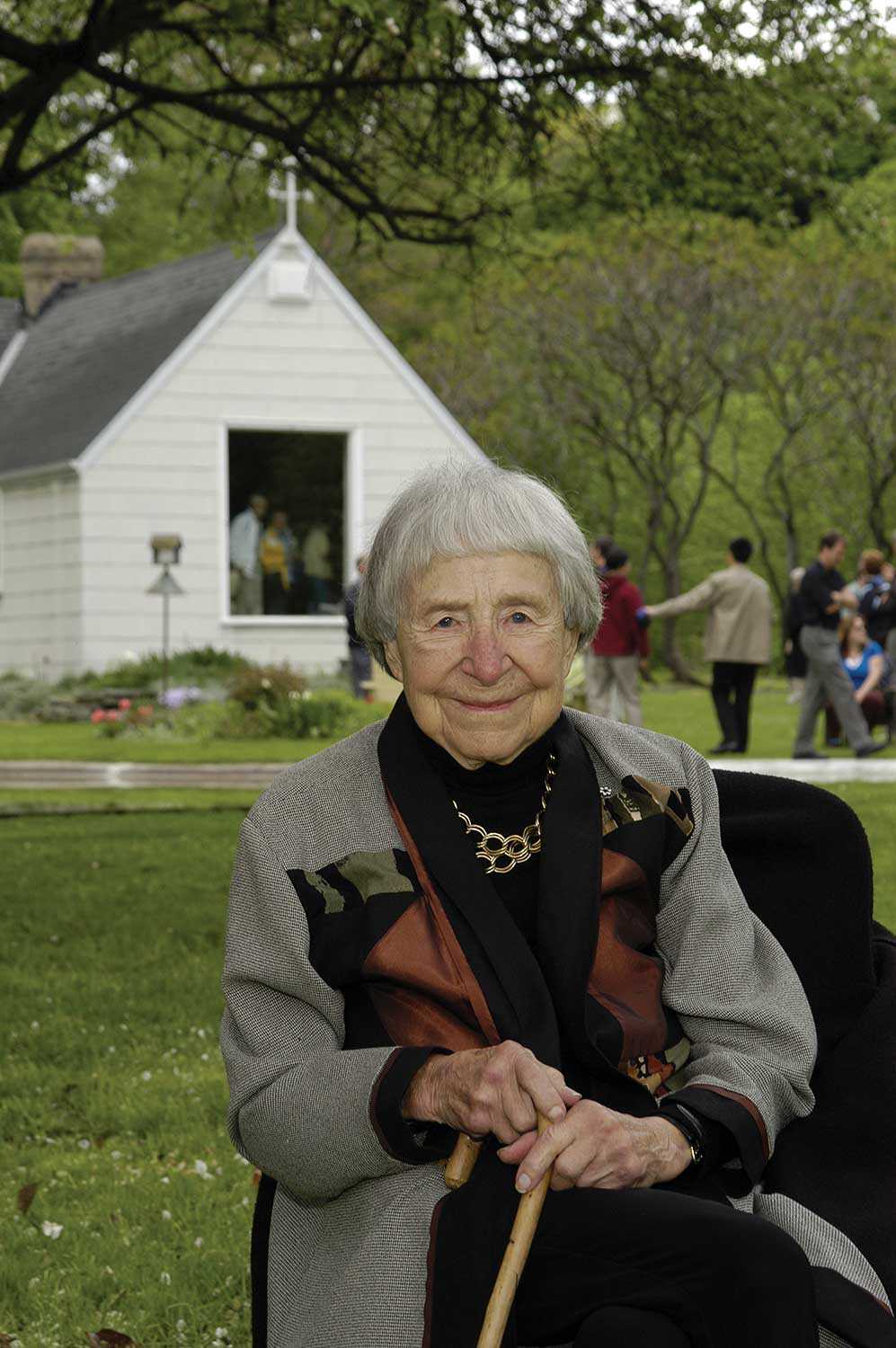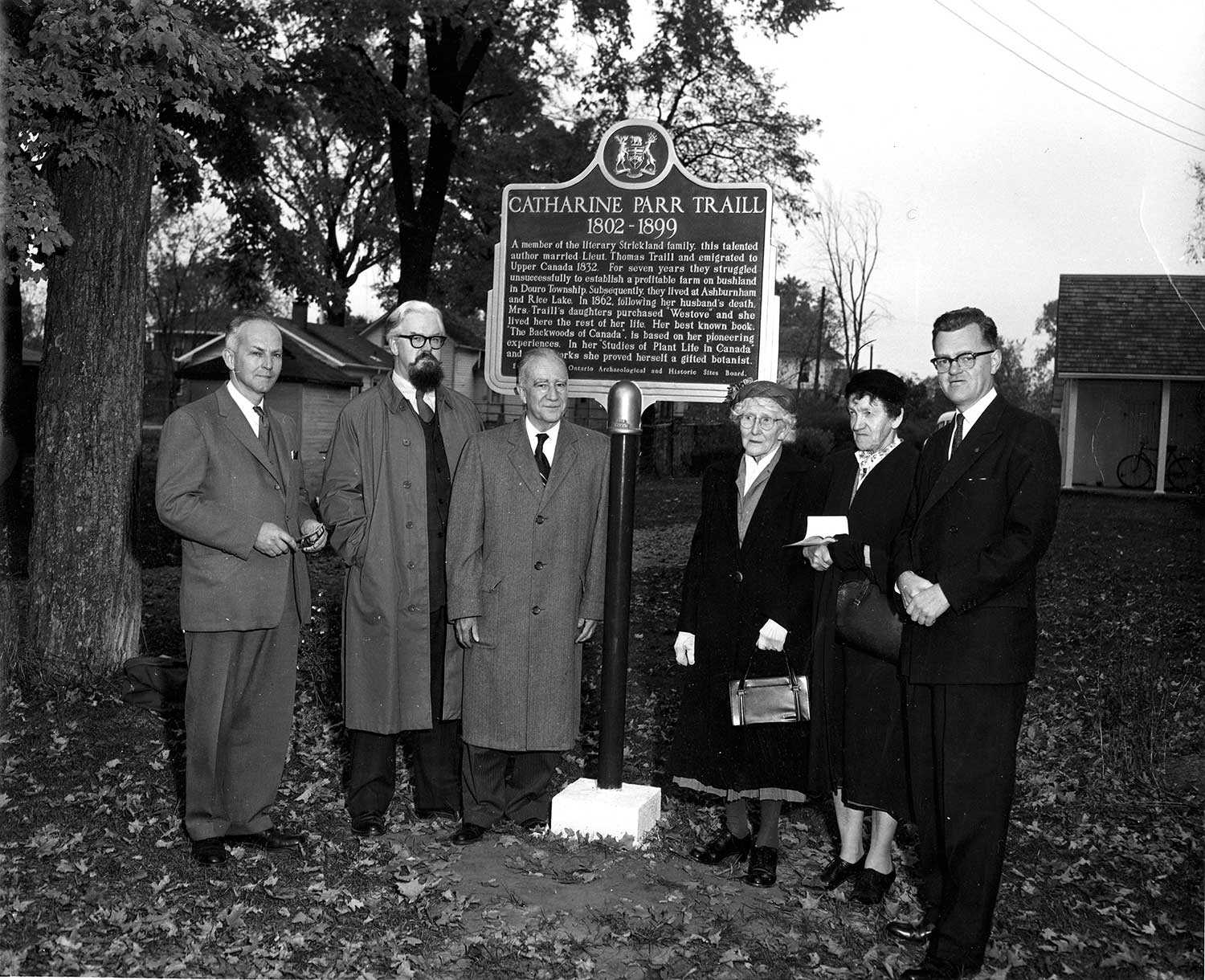

Browse by category
- Adaptive reuse
- Archaeology
- Arts and creativity
- Black heritage
- Buildings and architecture
- Communication
- Community
- Cultural landscapes
- Cultural objects
- Design
- Economics of heritage
- Environment
- Expanding the narrative
- Food
- Francophone heritage
- Indigenous heritage
- Intangible heritage
- Medical heritage
- Military heritage
- MyOntario
- Natural heritage
- Sport heritage
- Tools for conservation
- Women's heritage
Wages Due Lesbians
Wages Due Lesbians was a Toronto activist group (mid-1970s to early 1980s) affiliated with the international Wages for Housework movement. Wages for Housework came out of an Italian Marxist feminist organization in the 1970s and held common cause with the 1960s’ American welfare movement led by Black women. Their main argument was that women’s household labour – emotional and physical – supported the capitalist system and the nation, yet they were not paid for it.
While the Marxist feminist analysis was fundamentally based on an analysis of the heterosexual family’s division of labour and an analysis of the category of woman that left out trans women, Wages Due Lesbians made space for cisgender lesbians in the movement. Dependency on men’s wages, they argued, restricted the choices of lesbians – especially lesbian mothers. They were vulnerable to the poverty of women’s wages at the time and to the homophobia of the custody courts.
Wages Due Lesbians put out pamphlets, held meetings and conferences and protested cuts to the Family Allowance, among other things. The Lesbian Mothers Defense Fund (1978-87), which provided support to mothers in the court system, emerged from Wages Due Lesbians. While we don’t yet have free childcare or full wages for the work of social reproduction, groups like Wages Due Lesbians were an important part of movements calling on the province and federal government to support women doing essential work.
“No lesbian or any other woman should face the blackmail of losing custody of her children, in court, through social pressure or through poverty. We demand from the government the money we need to keep our children without being forced to depend on a man” (resolution from a 1976 conference run by Wages Due Lesbians (Motherhood, Lesbianism, Child Custody: The Case for Wages for Housework by Francie Wyland, 1976)

![Wyland, Francie. 1976. Motherhood, Lesbianism, Child Custody: The Case for Wages for Housework. Toronto: Wages Due Lesbians. Cover woodcut by Anne Quigley. CLGA collection, in monographs, folder M 1985-054].](https://questions-de-patrimoine.ca/uploads/Articles/Wages-Due-Lesbians_Wyland-pamphlet-image-web.jpg)

![“Mayor Oliver: Wonder who told them we didn’t encourage the suffragette movement in Toronto?”, [photograph], ca. 1910, Newton McConnell fonds, C 301-0-0-0-996, Archives of Ontario.](https://questions-de-patrimoine.ca/uploads/Articles/Archives-of-Ontario-cartoon-I0007312-web.jpg)





![F 2076-16-3-2/Unidentified woman and her son, [ca. 1900], Alvin D. McCurdy fonds, Archives of Ontario, I0027790.](https://questions-de-patrimoine.ca/uploads/Articles/27790_boy_and_woman_520-web.jpg)












